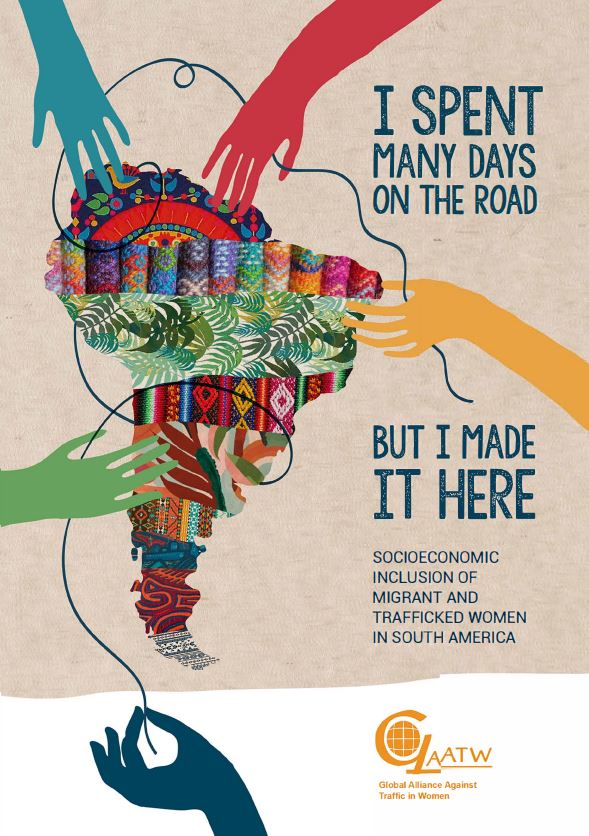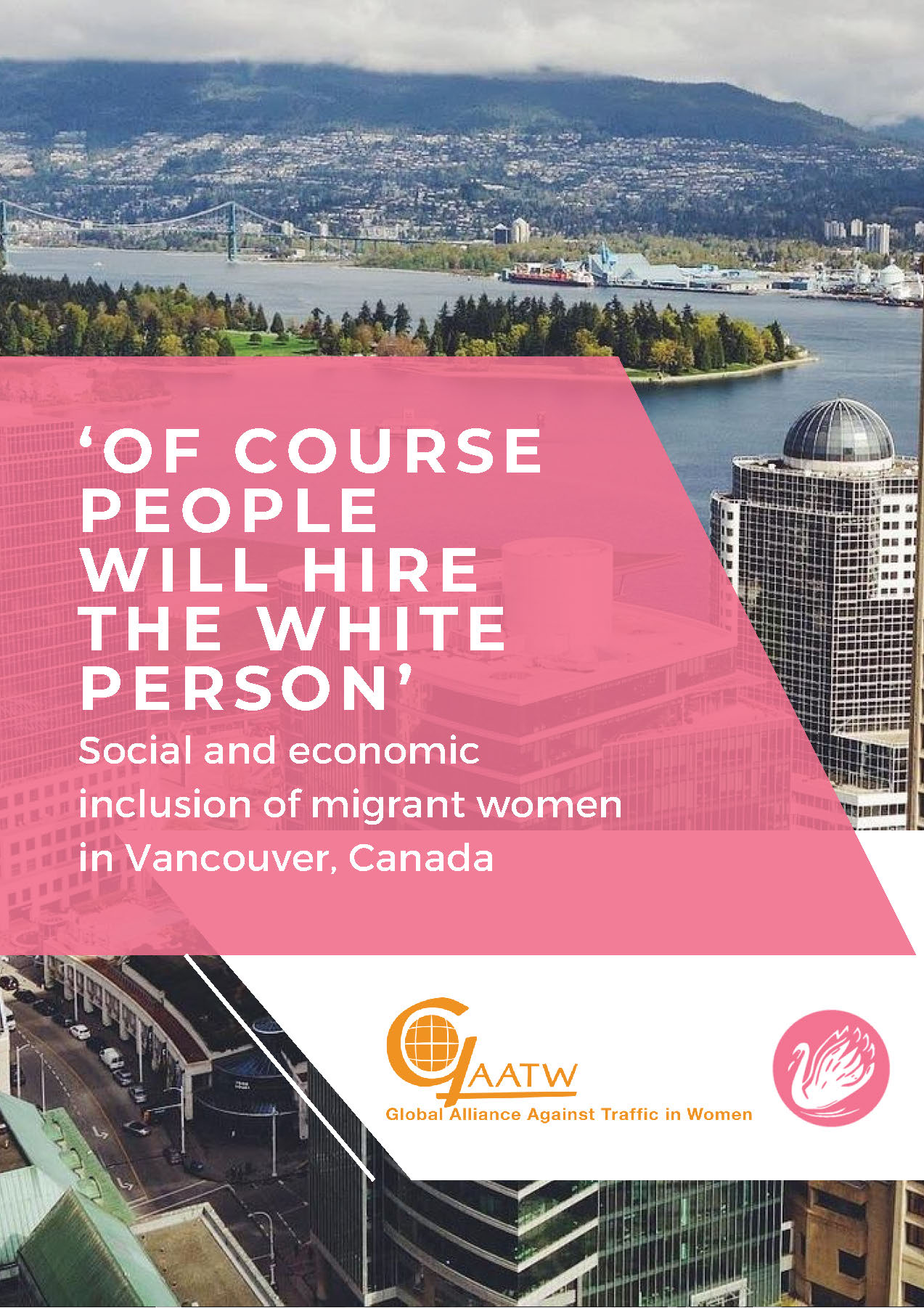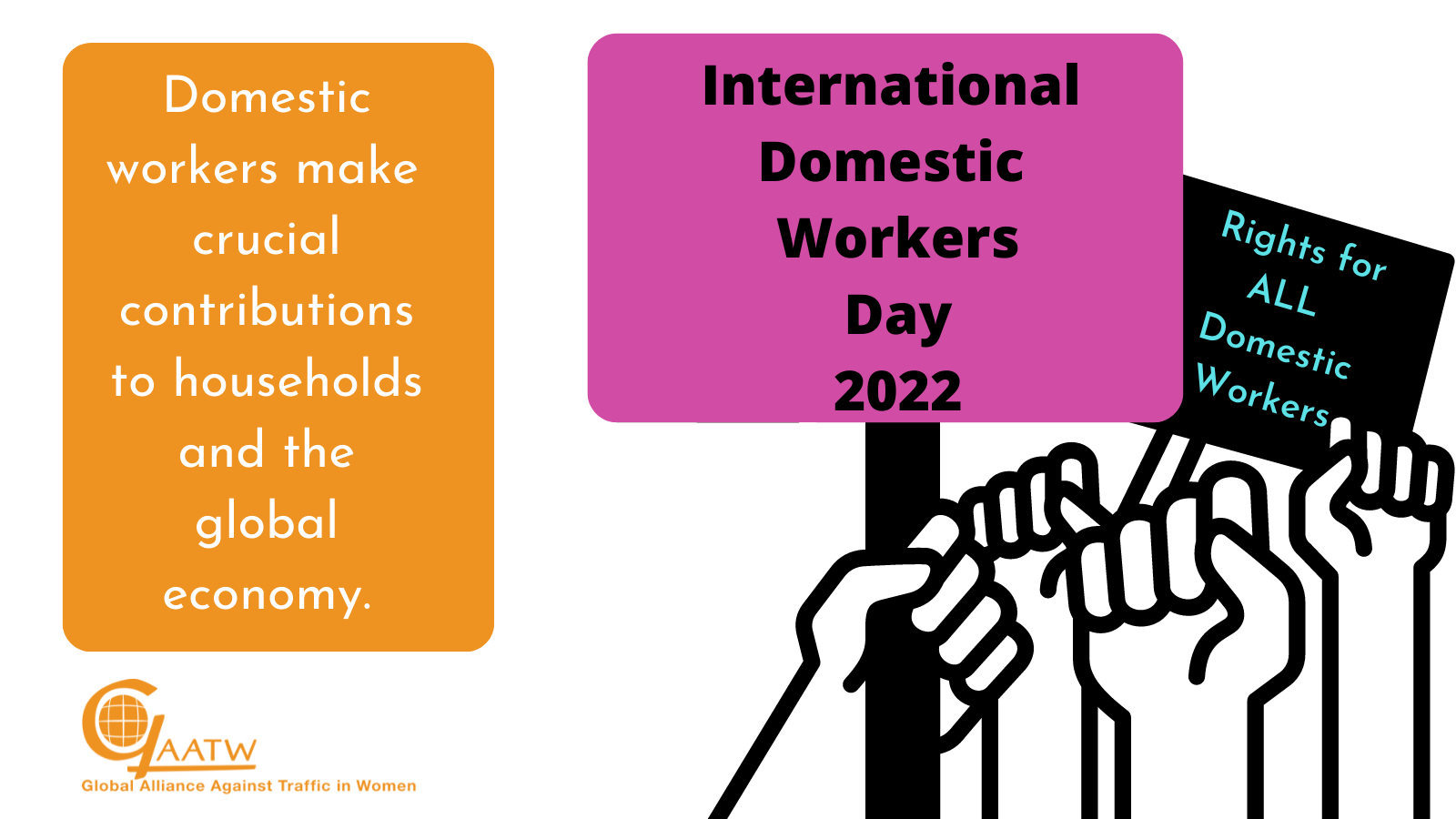Performing double to triple the workload as breadwinners, caregivers, and household workers: A new report on the socioeconomic inclusion of migrant and trafficked women in South America

Migrant and trafficked women are employed in precarious conditions within the informal economy, and relegated to gendered work such as the domestic, care and cleaning sectors. The burden of care work and the gendered division of labour shape both their access to paid work and their roles within families.
The women’s migration journeys were fraught with challenges and uncertainties, yet these also illustrate their courage and resilience in trying to improve their lives. Most women spoke of hardships such as spending days on the road, sleeping on the streets, going without food, facing racist or xenophobic behaviours, and fear of sexual attacks. Many had taken on large debts or exhausted their life savings. Yet, the hope for a better life kept them going. A Dominican woman in Uruguay shared, “we took a bus to Brazil, where we stayed in a shelter for three days. I didn’t sleep…I remember we left the countryside on a Tuesday and arrived on a Saturday, we hopped from bus to bus.”
Describing her harrowing journey, a Venezuelan woman in Brazil said: “After sleeping for three days on the street and the fatigue of the 13-day bus ride across the border, my body couldn’t take it anymore. I wanted to die.”
Many women’s experiences with socioeconomic inclusion in the destination country were closely linked to their responsibility for unpaid care work. Most women continue to be responsible for care giving and household work within their families while also being the breadwinners. This double, sometimes triple, workload has many impacts: it negatively determines their access to job opportunities and relegates women to irregular or lower paying jobs, affects their physical and emotional health, and causes “time poverty” where the very idea of free time does not exist. As one Venezuelan woman in Peru said: “It has been difficult for me to achieve a balance between family and work life because I work, I sleep very little, I have very little time left to care for my daughters and every now and then I get the chance to take a little walk once a week or every fortnight […] I work until very late, so there is not much free time.”


 Migrant women in Canada face challenges to finding productive, well-paid, and rewarding work, and thus feeling ‘integrated’ into Canadian society, according to the new community research report we published today with our member SWAN in Vancouver.
Migrant women in Canada face challenges to finding productive, well-paid, and rewarding work, and thus feeling ‘integrated’ into Canadian society, according to the new community research report we published today with our member SWAN in Vancouver. Domestic workers make crucial
Domestic workers make crucial